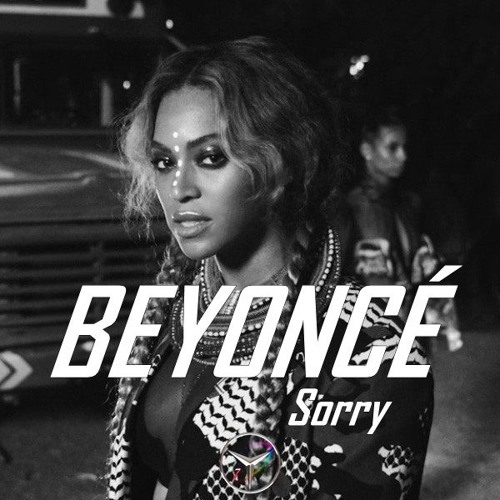

As such, it’s hard to compare a song like “Déjà Vu” to one like “Bigger”-they were made by totally different people, and yet they’re each quintessentially Beyoncé. And people who have been through some things are generally more interesting than those who haven’t. By her own admission, the Beyoncé of yesteryear was a young woman “intent on pleasing everyone around her.” Grown Bey is a mother of three who’s “died and reborn” in her marriage. She was always a beacon for “girl power”-but in a nondescript way that left out any mention of her own experience. Since 2016, she hasn’t just become more forthcoming about her Blackness, but about her womanhood.

Maybe it’s an age thing, or maybe it’s because she became a parent, but she’s started to feel a bit like an elder, wisely entreating Black people to love themselves. But ever since the release of “Formation,” and with the steady stream of projects she’s dropped these past few years- Lemonade, the album and accompanying film the landmark Homecoming performance at Coachella in 2018 the victory lap duet album with Jay-Z, Everything Is Love the Afrobeat-packed The Lion King: The Gift and now Black Is King-she has become more emphatic in her pride for her cultural identity and intentional about communicating that message.

I don’t think I was waiting for Beyoncé to “come out” as Black everything about her seemed rooted in or related to Black culture, from her name to her Dereon jeans to how her particular brand of beauty-light and curvy-was discussed and celebrated and bemoaned for being discussed and celebrated. “How can they be Black? They’re women.” The white man next to him suddenly realizes: “I think they might be both.” “I don’t understand,” a terrified white man screams in the SNL skit, hell breaking loose around him, as he learns that Kerry Washington, too, is Black. A group of cops boycotted her tour performance in Miami in response that April. There was also the unmistakable imagery of the video, calling out the negligence weaponized against the Black people of New Orleans after Hurricane Katrina. Shortly after Beyoncé’s Super Bowl 50 performance in 2016, Saturday Night Live ran a short titled “The Day Beyoncé Turned Black.” It was an exaggerated version of what really happened that year-when, at the halftime show, she performed “Formation,” a clear departure from her previous catalog, celebrating her “baby hairs and Afros” and “Negro nose” all while dressed in full Black Panther regalia.


 0 kommentar(er)
0 kommentar(er)
